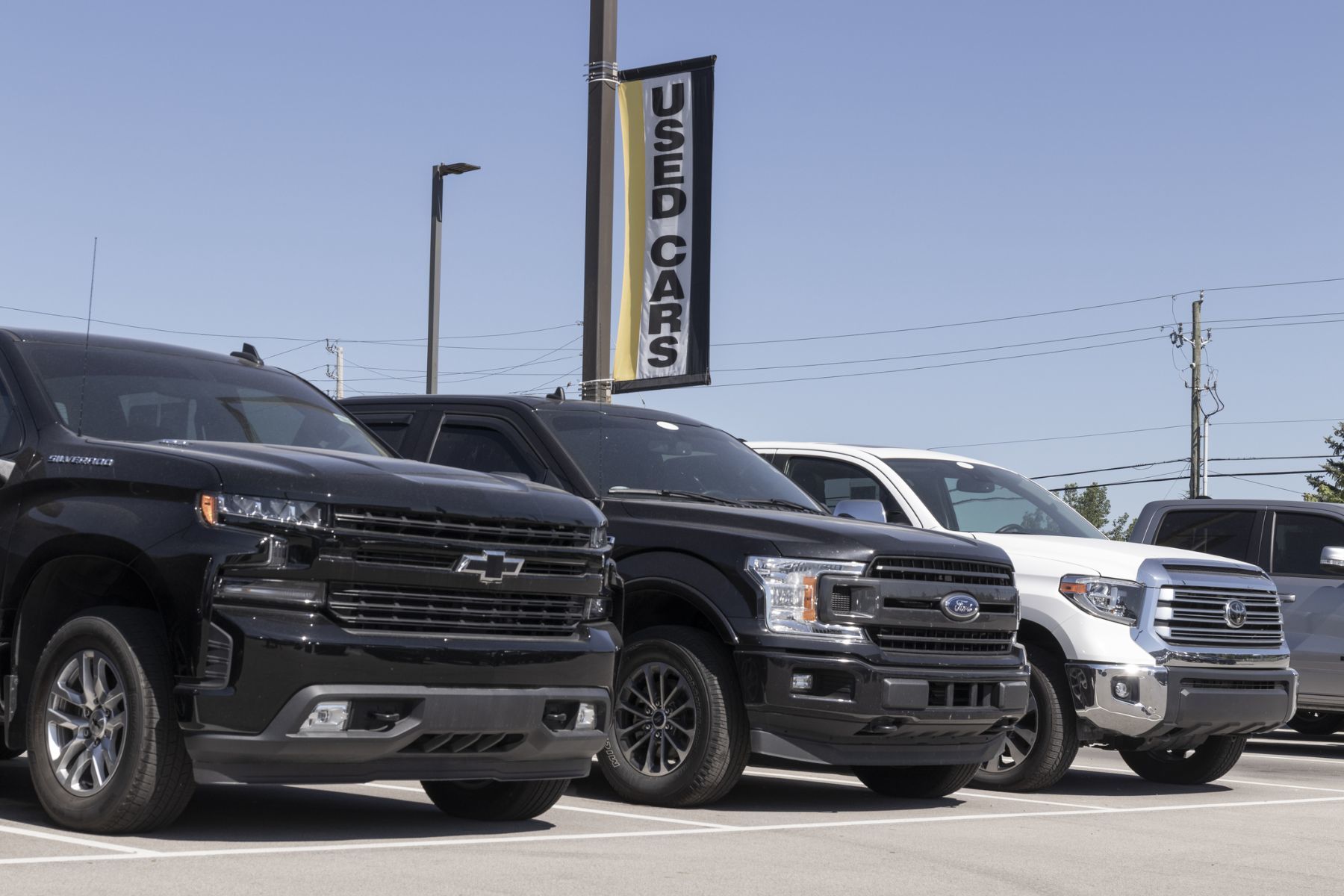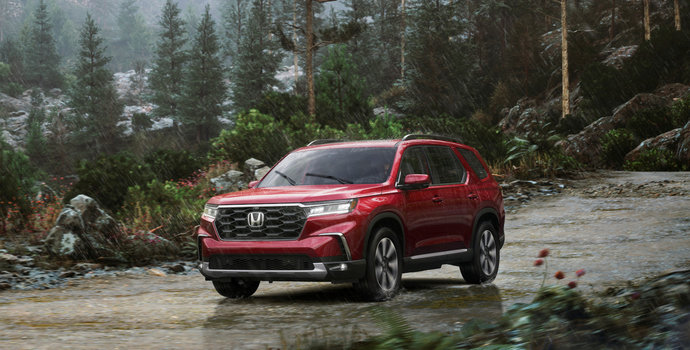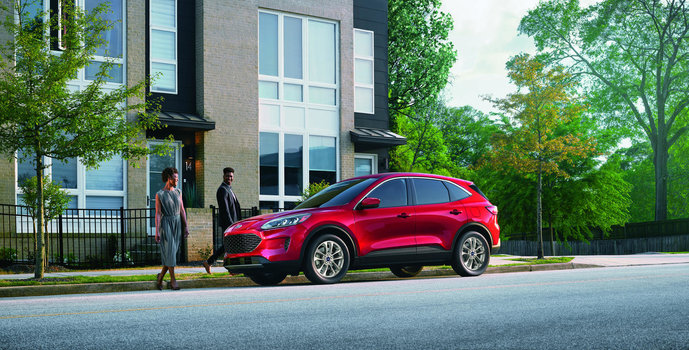Selecting a pre-owned pickup truck is a decision that requires careful consideration of various factors. Understanding the different aspects of a truck, from engine options to towing and payload capacities, should be the first step for used truck buyers in Brampton looking for their next vehicle. This article aims to offer comprehensive insights into these key elements to consider when in the market for a pre-owned pickup. It’s likely that most of the information below you know already, but we hope that this comprehensive checklist of all of the elements to consider when buying a used truck will help narrow your options and make finding your next pickup easier.
Engine Options
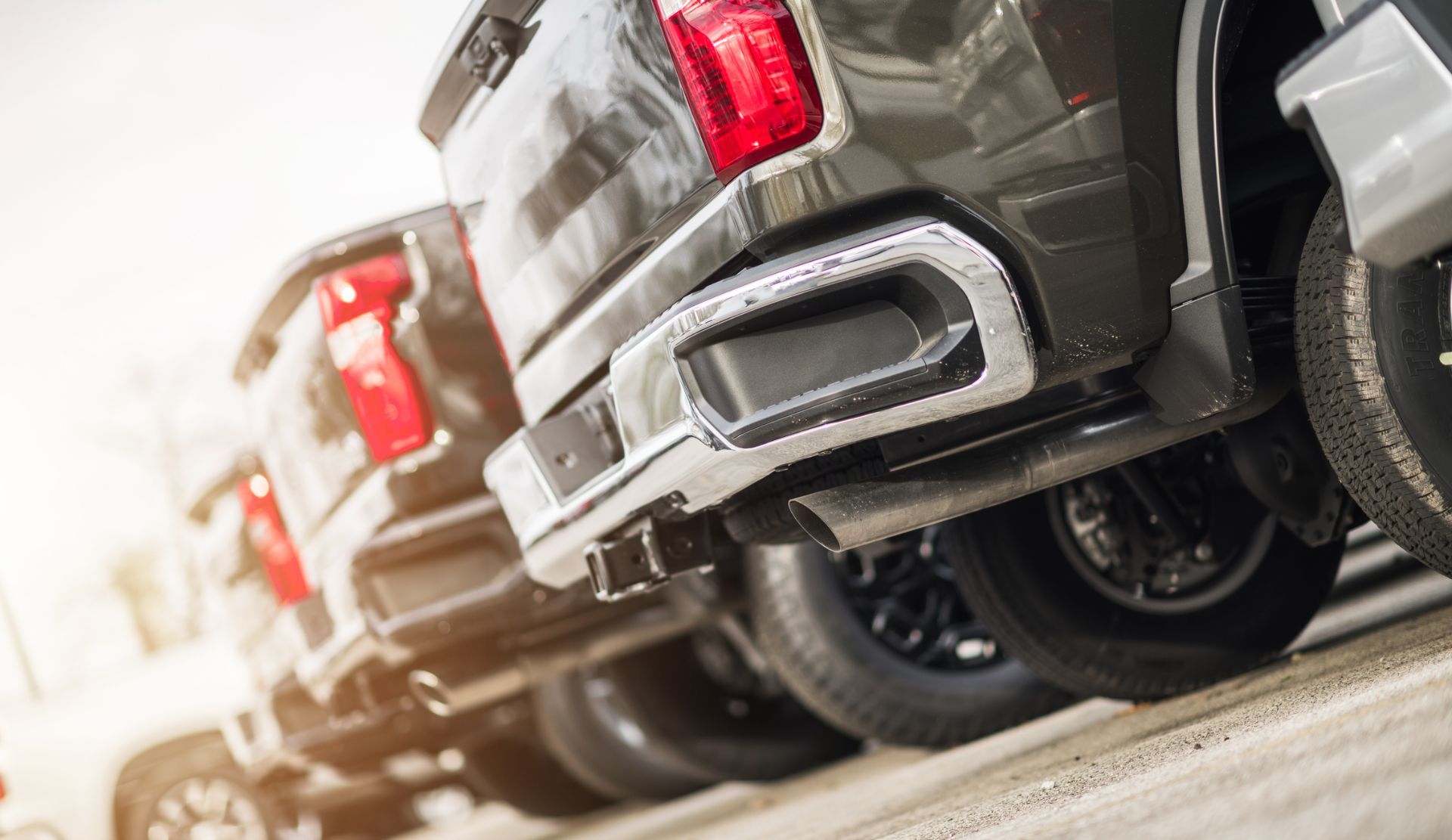
The engine is the heart of any pickup truck, and the choice between a V6, V8, or diesel engine impacts performance, fuel efficiency, and operational costs.
V6 Engines: V6 engines in pickup trucks offer a balance between power and fuel economy. They are well-suited for daily driving and light towing tasks. Modern V6 engines can deliver surprising power outputs, making them a versatile choice for those who prioritize fuel efficiency and moderate performance.
V8 Engines: For higher power and torque, V8 engines are the traditional choice. They excel in heavy towing and hauling tasks, providing robust performance. However, this comes with higher fuel consumption, making V8 engines ideal for those who require strong towing capabilities and are less concerned with fuel economy.
Diesel Engines: Diesel engines are known for their torque and efficiency, especially over long distances and under heavy loads. They offer superior towing and payload capacities and are typically more fuel-efficient than their gasoline counterparts. Diesel engines are ideal for those who need maximum towing power and are frequent long-haul drivers.
Towing Needs
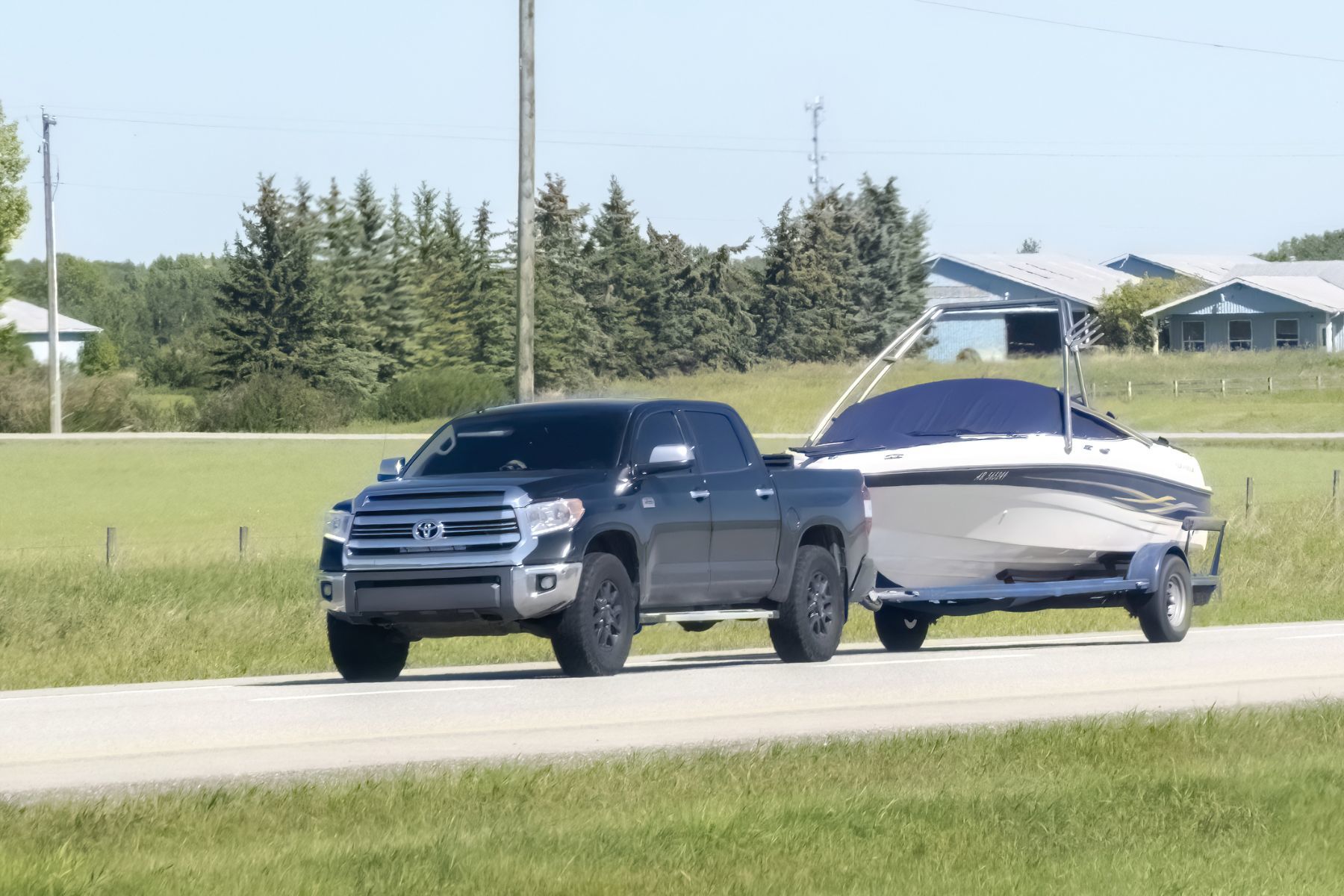
Understanding towing requirements is crucial when selecting a pre-owned pickup truck. Different trucks have varying towing capacities, influenced by engine type, transmission, and other mechanical factors.
Light vs. Heavy Towing: Trucks designed for light towing are suitable for small trailers, boats, or recreational vehicles. In contrast, heavy towing trucks can handle large trailers, campers, or commercial equipment. It's important to choose a truck whose towing capacity exceeds your typical towing load to ensure safety and vehicle longevity.
Impact of Engine and Transmission: The engine and transmission play a significant role in a truck's towing ability. Larger, more powerful engines and transmissions with more gears or specialized towing modes can significantly enhance towing performance. When considering towing needs, evaluate the truck's engine and transmission specifications in relation to the intended towing load.
Payload Needs

Payload capacity refers to the maximum weight a truck can safely carry in its cab and bed. It's a critical consideration for those who frequently transport heavy materials or equipment.
Understanding Payload Ratings: Payload ratings vary across different truck models and configurations. A truck with a high payload rating is essential for carrying heavy loads, while a lower payload rating may be sufficient for lighter, everyday use.
Impact of Truck Configuration: The truck's configuration, including its cab size and bed length, can affect its payload capacity. Generally, trucks with larger cabs and shorter beds offer less payload capacity due to the additional weight of the cab. Conversely, trucks with smaller cabs and longer beds typically offer more payload capacity.
Box Length

The bed or box length of a pickup truck determines how much cargo it can carry and is an important factor based on the buyer’s usage patterns.
Short, Standard, and Long Beds: Pickup trucks generally come in short, standard, and long bed sizes. Short beds offer convenience in urban settings and ease of parking, while long beds provide more cargo space, which is beneficial for work-related tasks or hauling large items.
Consideration for Lifestyle and Work: The choice of bed length should reflect the buyer's lifestyle and work requirements. Those who use their truck for daily commuting or light-duty tasks may find a shorter bed more practical, while those in construction or farming might require a longer bed for hauling equipment and materials.
Body Type
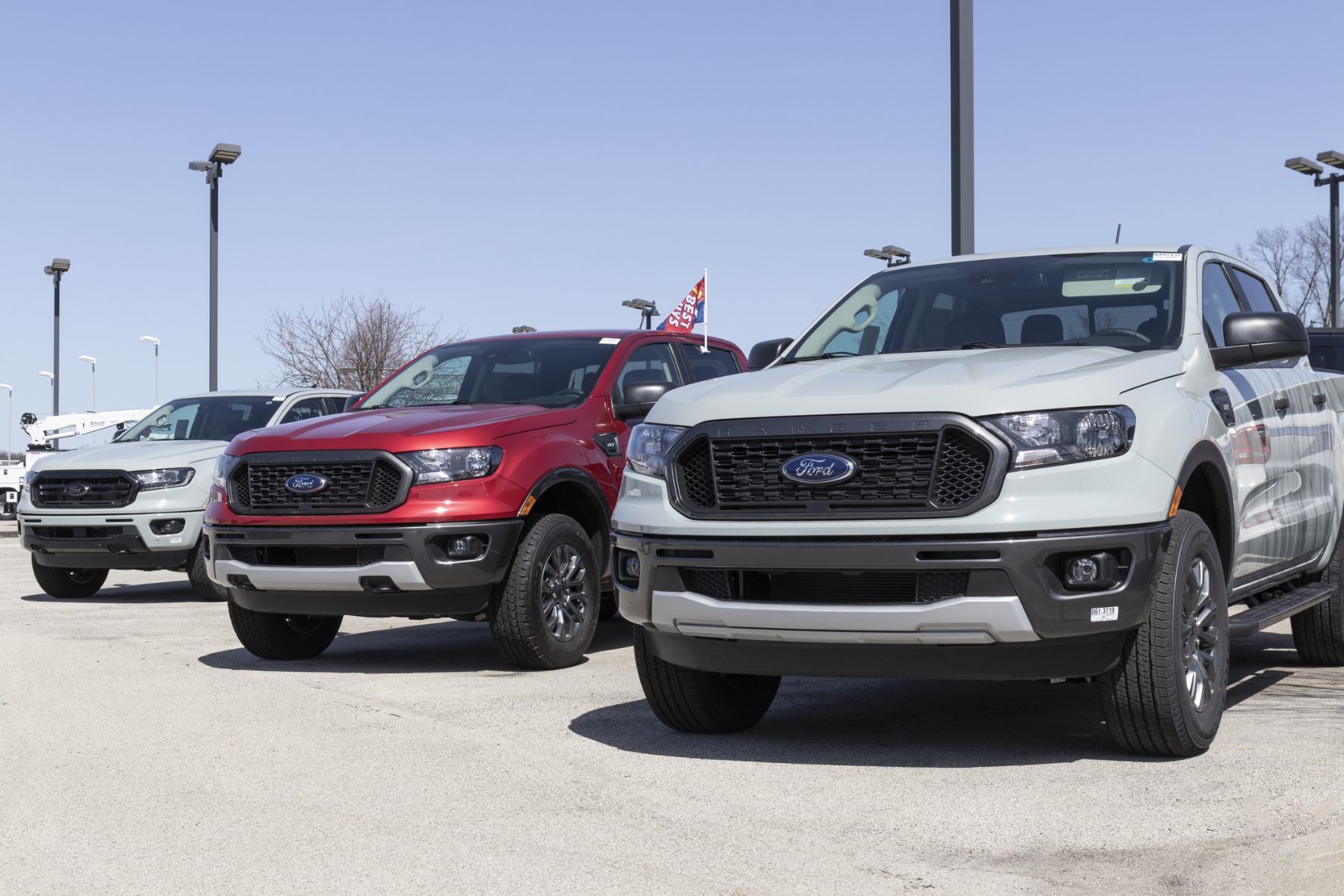
The body type of a pickup truck, particularly the cab style, affects passenger space and overall vehicle length, impacting its utility and maneuverability.
Crew Cab, Extended Cab, Regular Cab: Crew cabs offer four full-sized doors and ample rear-seat space, ideal for families or transporting work crews. Extended cabs provide extra storage space or occasional passenger seating, suitable for those who need more interior space than a regular cab but less than a crew cab. Regular cabs are the most basic option, typically with two doors and limited cab space, focused more on payload and towing capacity.
Balancing Passenger Comfort and Truck Functionality: When choosing a cab style, consider the balance between passenger comfort and the truck’s functionality. Crew cabs offer more comfort for passengers but may come at the cost of reduced payload or towing capacity due to their additional weight.
Finding the right pre-owned pickup truck involves a careful examination of various aspects such as engine type, towing and payload needs, box length, and body style. By thoroughly understanding each of these elements, buyers can identify a truck that not only meets their practical requirements but also provides the performance and comfort suited to their lifestyle. Ultimately, the right pre-owned truck should be a reliable partner capable of meeting the demands of both work and leisure.


